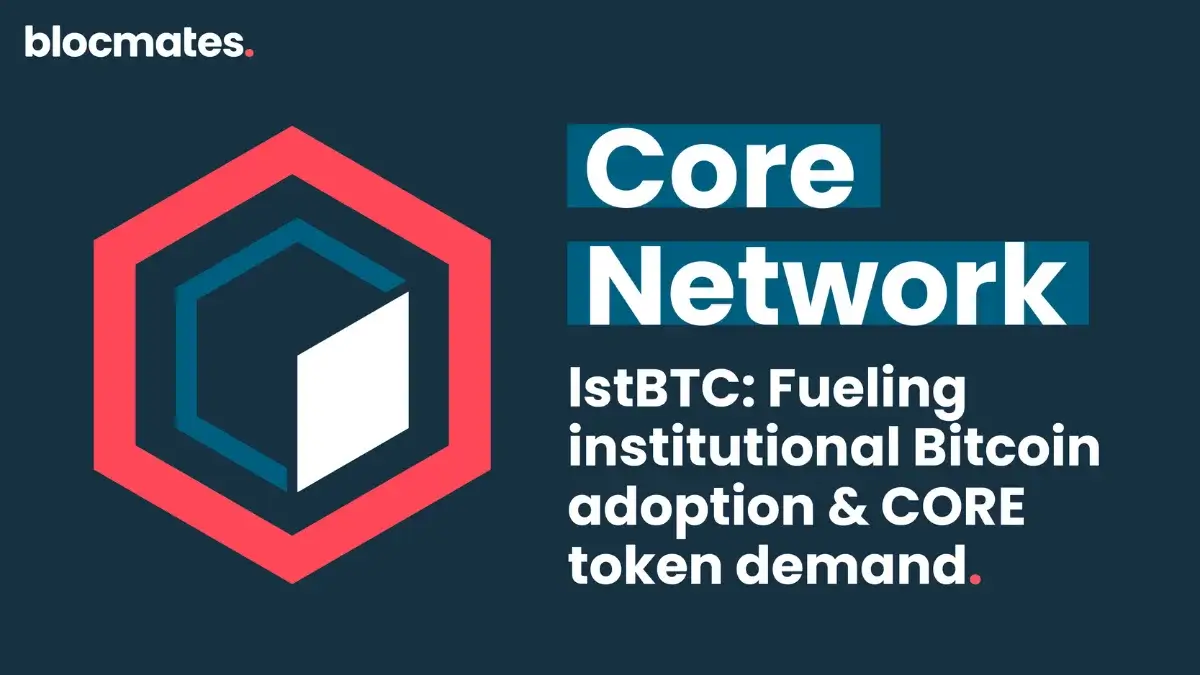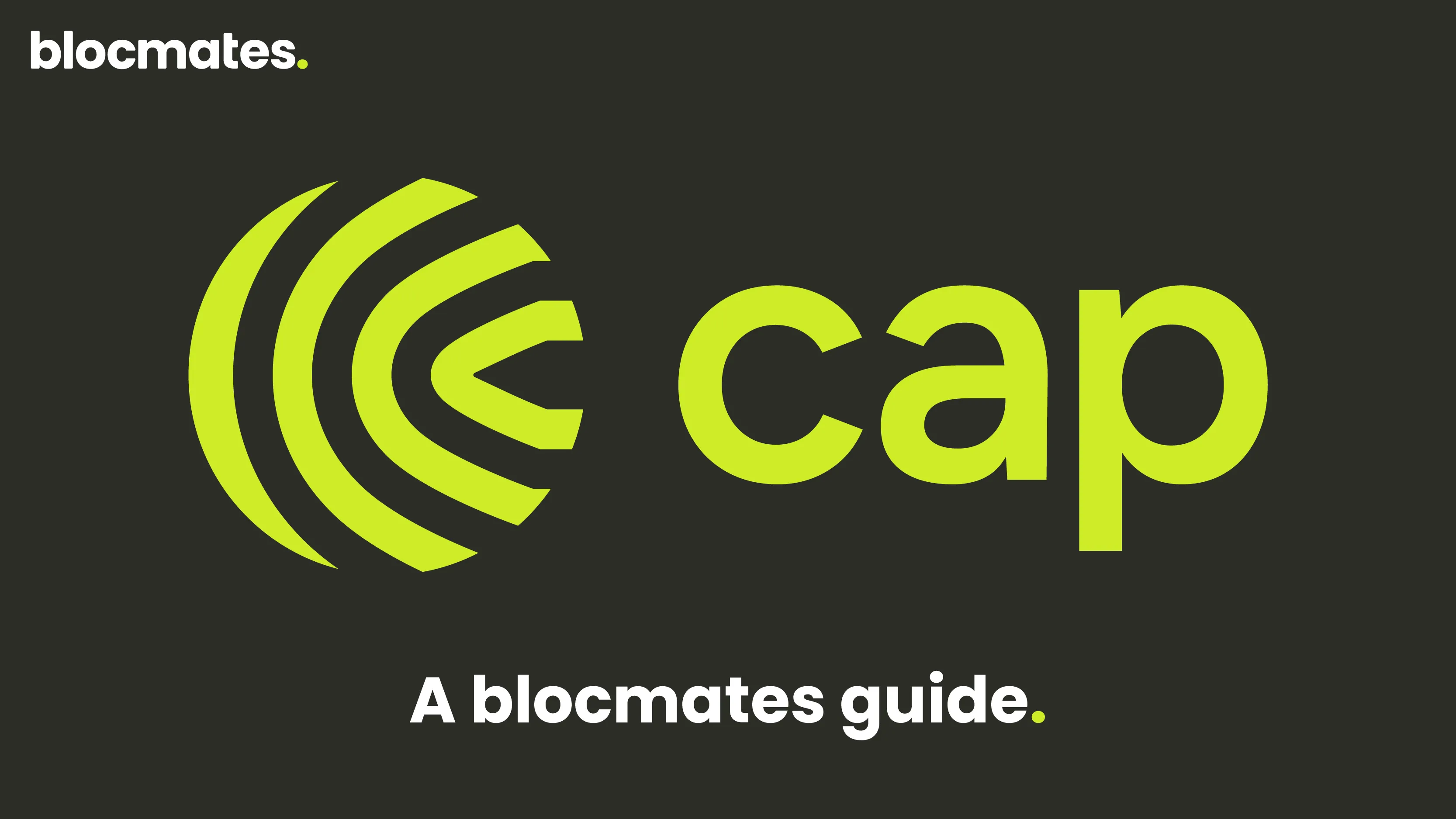The Bank of England (BoE) has rolled out new proposals outlining how sterling-backed stablecoins should operate in the UK, and they come with some pretty firm limits.
The central bank is suggesting temporary caps of £20,000 for individuals and £10 million for businesses holding so-called “systemic” stablecoins, sparking heated debate across the crypto sector.
A new framework for digital money
The BoE’s consultation paper, “Proposed Regulatory Regime for Sterling-Denominated Systemic Stablecoins,” aims to create a framework for digital assets used in payments that could affect the country’s financial stability.
Deputy Governor Sarah Breeden said the caps are designed to avoid rapid deposit outflows from traditional banks, which could reduce credit availability during the transition to a digital asset economy.
“These limits are intended as a precaution while the system evolves,” Breeden explained, adding that they would be lifted once the risks to the broader economy subside.
Under the proposal, oversight would be split between the Bank of England (for prudential regulation) and the Financial Conduct Authority (for consumer protection).
The BoE also updated its earlier 2023 draft, now allowing issuers to hold up to 60% of their reserves in short-term UK government debt and the remaining 40% as unremunerated deposits with the central bank.
Issuers would also need to maintain capital reserves equal to either six months of operating costs or the expense of recovering from their largest plausible loss event. Additionally, statutory reserves would be placed in trust for coinholders to ensure redemption by the end of each business day.
Industry pushback and broader context
The announcement hasn’t exactly landed smoothly with everyone. CT argues that the holding limits are overly restrictive and could stifle innovation. Prominent figures in the crypto community have taken to X to express frustration.
One user, Laurence, wrote that the rules “compels to move on-chain funds into something further out the risk curve,” while another, Stani.eth, called the approach “absurd,” claiming that onchain stablecoins don’t present more risk than conventional digital money.
blocmates founder and CEO Grant also weighed in, noting:
“governments are worried about the debasement of their currencies against the crypto-dollar, and rightly so instead of trying to put the genie back in the bottle, get out in front of it, encourage innovation and stop treating people like criminals for their financial choices"
Coinbase’s Vice President of International Policy, Tom Duff Gordon, echoed similar concerns in an earlier interview with Financial Times, saying, “Imposing caps on stablecoins is bad for UK savers, bad for the City, and bad for sterling.”
Breeden, however, defended the limits by noting that the UK’s banking model differs from the U.S., where mortgages are largely backed by government-sponsored entities rather than commercial banks. “That issue makes the UK’s need for temporary limits more relevant,” she said.
Still, the proposal gives no timeline for when these limits might be lifted, a detail that hasn’t gone unnoticed by the crypto community.





























.webp)

.webp)
.webp)

%20(1).webp)



























































%202.webp)


.webp)

.webp)
.webp)
.webp)



.webp)



.webp)
.webp)

.webp)
.webp)
.webp)


.webp)
.webp)










.webp)


.webp)









.webp)







.webp)




.webp)

























.webp)







.webp)















.webp)

.webp)
.webp)

.webp)














.webp)

.webp)


.webp)








.webp)




